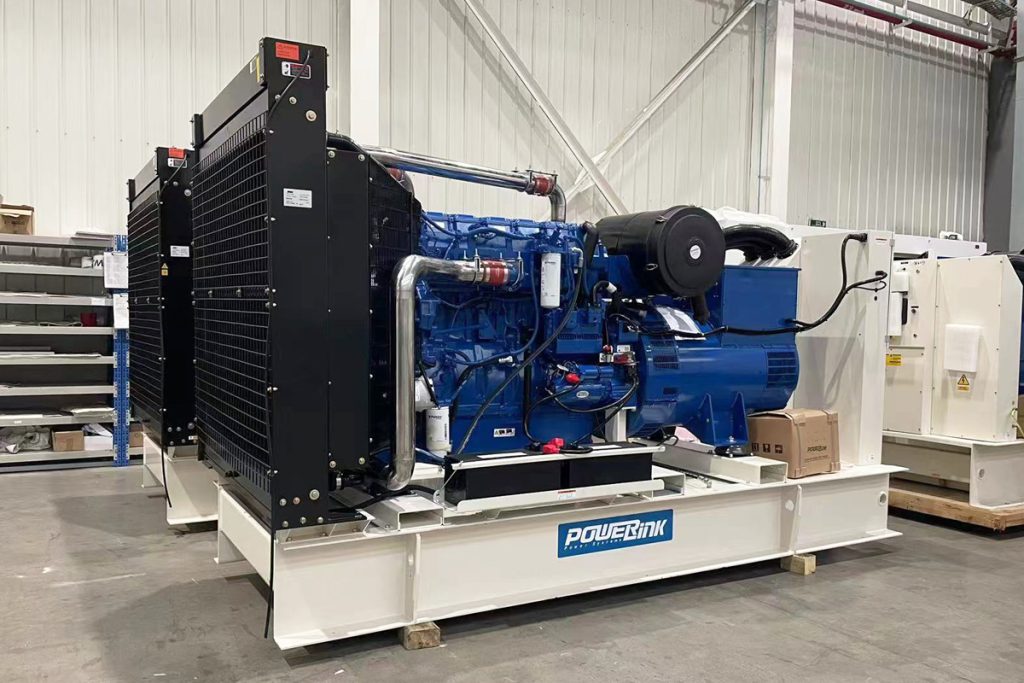Understanding Biogas and Natural Gas Generators: Advantages and Benefits
As the world moves towards more sustainable energy solutions, the demand for cleaner and more efficient power sources has increased. Biogas and natural gas generators are becoming popular alternatives to traditional fossil fuel generators due to their environmental and economic benefits. In this article, we will explore what biogas and natural gas generators are and their key advantages.
What is a Biogas Generator?
A biogas generator is a device that converts biogas into electricity. Biogas is produced through the anaerobic digestion of organic materials such as agricultural waste, manure, municipal waste, plant material, sewage, and food waste. This gas primarily consists of methane (CH4) and carbon dioxide (CO2), along with small amounts of other gases.
The biogas generator captures this methane-rich gas and uses it as fuel to generate electricity. The process not only provides a renewable source of energy but also helps in managing waste effectively.
What is a Natural Gas Generator?
A natural gas generator, on the other hand, uses natural gas – a fossil fuel consisting mainly of methane – to produce electricity. Natural gas is extracted from underground reservoirs and is considered one of the cleanest burning fossil fuels. Natural gas generators are widely used for both residential and commercial purposes due to their efficiency and reliability.
Advantages of Biogas Generators
- Renewable Energy Source Biogas is produced from organic waste, which is continuously generated, making it a renewable energy source. This reduces dependency on fossil fuels and promotes sustainability.
- Waste Management Using organic waste to produce biogas helps in effective waste management. It reduces the amount of waste in landfills and lowers greenhouse gas emissions from waste decomposition.
- Carbon Neutral The carbon dioxide released during biogas combustion is offset by the carbon dioxide absorbed by the plants used to produce the organic waste, making it a carbon-neutral process.
- Cost-Effective Biogas production and conversion to electricity can be cost-effective in the long run, especially for farms and municipalities that generate large amounts of organic waste.
- Energy Independence Producing biogas locally can reduce dependence on external energy sources and enhance energy security.
Advantages of Natural Gas Generators
- Clean Burning Natural gas is one of the cleanest fossil fuels, producing fewer pollutants and greenhouse gases compared to coal or oil. This results in lower environmental impact.
- Efficiency Natural gas generators are highly efficient in converting fuel into electricity, making them an attractive option for both residential and commercial use.
- Reliability Natural gas generators are known for their reliability and ability to provide continuous power, making them ideal for backup power solutions.
- Lower Operating Costs The operational costs of natural gas generators are generally lower compared to other fossil fuel generators due to the relatively stable and lower prices of natural gas.
- Versatility Natural gas generators can be used in various applications, from small residential backup systems to large-scale industrial power generation.
Both biogas and natural gas generators offer significant advantages as cleaner, more sustainable energy solutions. Biogas generators provide a renewable energy source and effective waste management, while natural gas generators offer efficiency, reliability, and lower environmental impact. As the world continues to seek alternatives to traditional fossil fuels, these generators present viable options for a more sustainable energy future. Investing in biogas and natural gas generators not only supports environmental goals but also provides economic and operational benefits, making them an excellent choice for anyone looking to adopt greener energy practices.
Cr. https://www.multiphase-power.com


